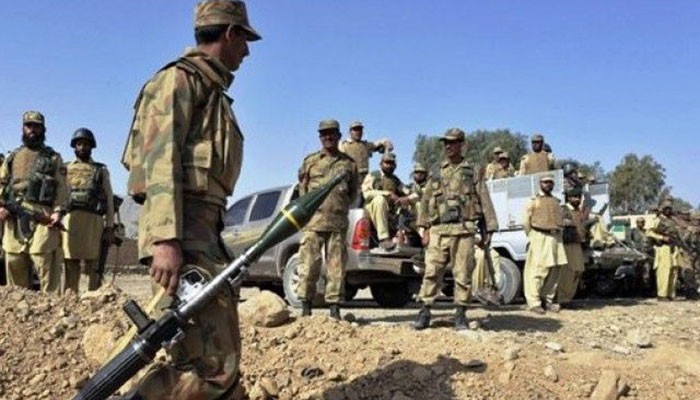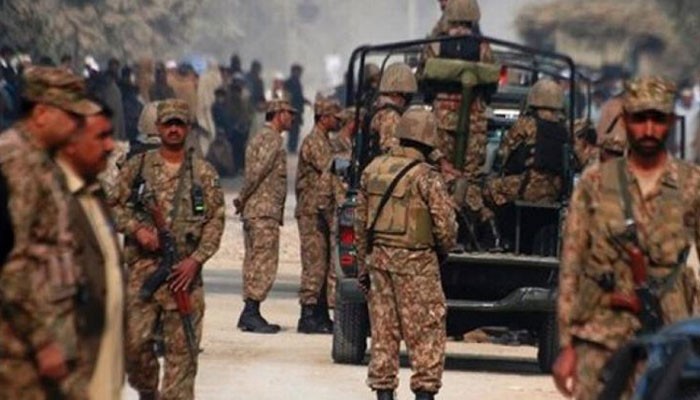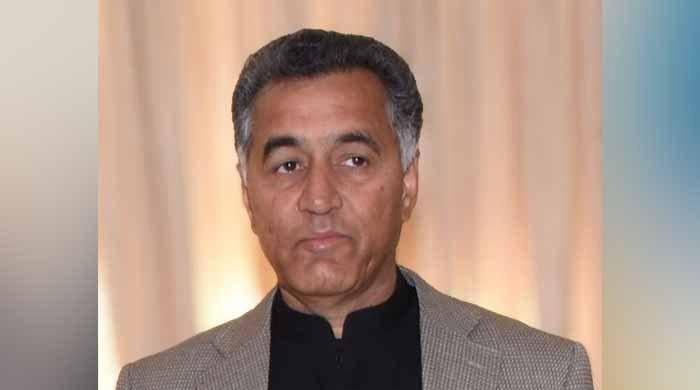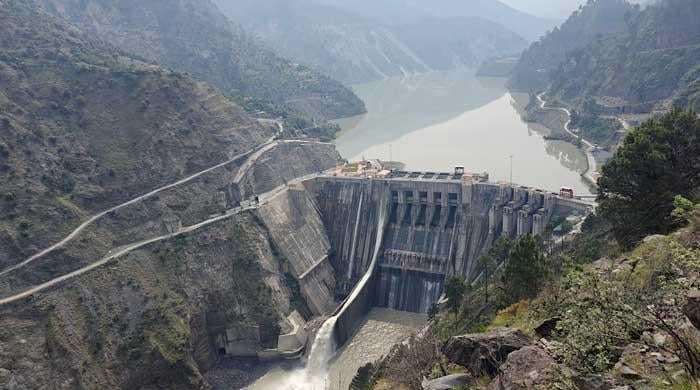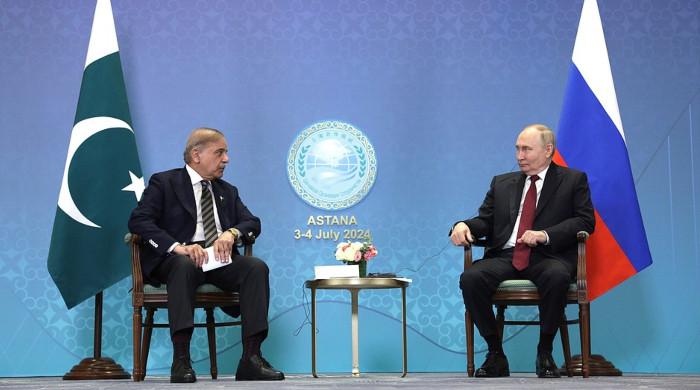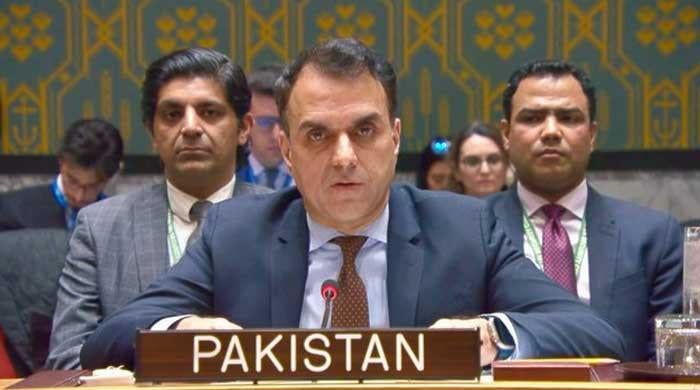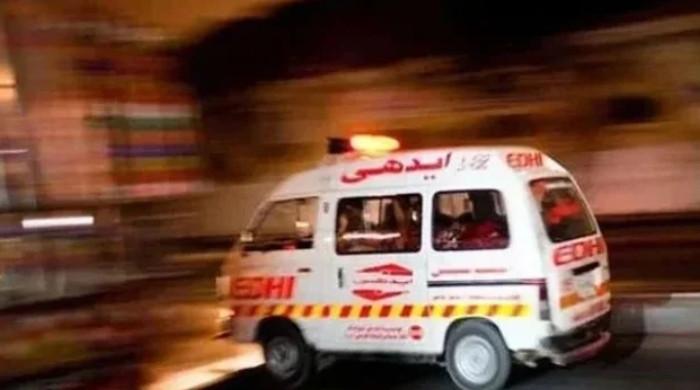Daesh footprint increased in Pakistan in 2017: report
PIPS report also notes over 130% increase in cross-border attacks
January 08, 2018
More than 150 people were killed in around six terrorist attacks claimed by the outlawed terrorist Daesh group in Pakistan in 2017.
This was stated in the Pakistan Security Report 2017, released by the Pakistan Institute for Peace Studies (PIPS), an Islamabad-based think-tank specialising in security and conflict dynamics of Pakistan and the region.
The organisation compiled its findings on the basis of its multi-source database, coupled with interviews and articles by subject experts.
Decrease in number of attacks, fatalities
The report tallied that militant, nationalist/insurgent and violent sectarian groups carried out a total of 370 terrorist attacks in 64 districts of Pakistan in 2017 — including 24 suicide and gun-and-suicide coordinated attacks — killing 815 people, besides injuring 1,736. These attacks posted a 16 per cent decrease from the total in the previous year; even the number of people killed fell by 10 per cent.
Of these attacks, as many as 213 or 58 per cent, were perpetrated by Tehreek-e-Taliban Pakistan (TTP), its splinter groups mainly Jamaatul Ahrar and other militant groups, killing 186 people.
Meanwhile, nationalist insurgent groups, mostly in Balochistan and a few in Sindh, carried out 138 attacks, or 37 per cent of the total, killing 140 people. As many as 19 terrorist attacks were sectarian-related, in which killed 71 people and inflicted injuries on 97 others.
Cross-border attacks increase
The report also noted that compared to 2016, a significant surge of 131 per cent was witnessed during 2017 in cross-border attacks from Pakistan’s borders with Afghanistan, India and Iran. A total of 171 cross-border attacks claimed 188 lives and injured 348 others.
Furthermore, security forces and law enforcement agencies killed a total of 524 militants in 2017 – compared to 809 in 2016 – in 75 military/security operations as well as 68 armed clashes and encounters with militants reported from across four provinces and FATA.
Emergence of Daesh
At the same time, some new challenges raised their heads; these included emergence of self-radicalised individuals and small terrorist cells, growing incidence of religious extremism including on educational campuses, and, most importantly, increasing footprints of Daesh in parts of the country and convergence of its fighters in Afghanistan near the border. In 2017, Daesh and its local affiliates/supporters claimed six major terrorist attacks, killing 153 people.
In Balochistan, the group carried out a suicide attack on the convoy of Senate Deputy Chairman Maulana Abdul Ghafoor Haideri in Mastung, besides abducting Chinese nationals from Quetta and killing them later. Sindh’s deadliest attack in terms of casualties was on the Sufi shrine in Sehwan Sharif, claimed by Daesh as well.
Confusion over NAP’s ownership
In the report, National Security Adviser Lt Gen (retd) Nasser Khan Janjua reveals that the National Security Policy has been documented and internally circulated in the government.
Similarly, National Counter Terrorism Authority National Coordinator Ihsan Ghani said that the new National Internal Security Policy is in review at present and it, along with a Counter-Extremism Policy, will be released in 2018 too.
The report also reveals ambiguities about which government body is responsible for implementing the National Action Plan.
